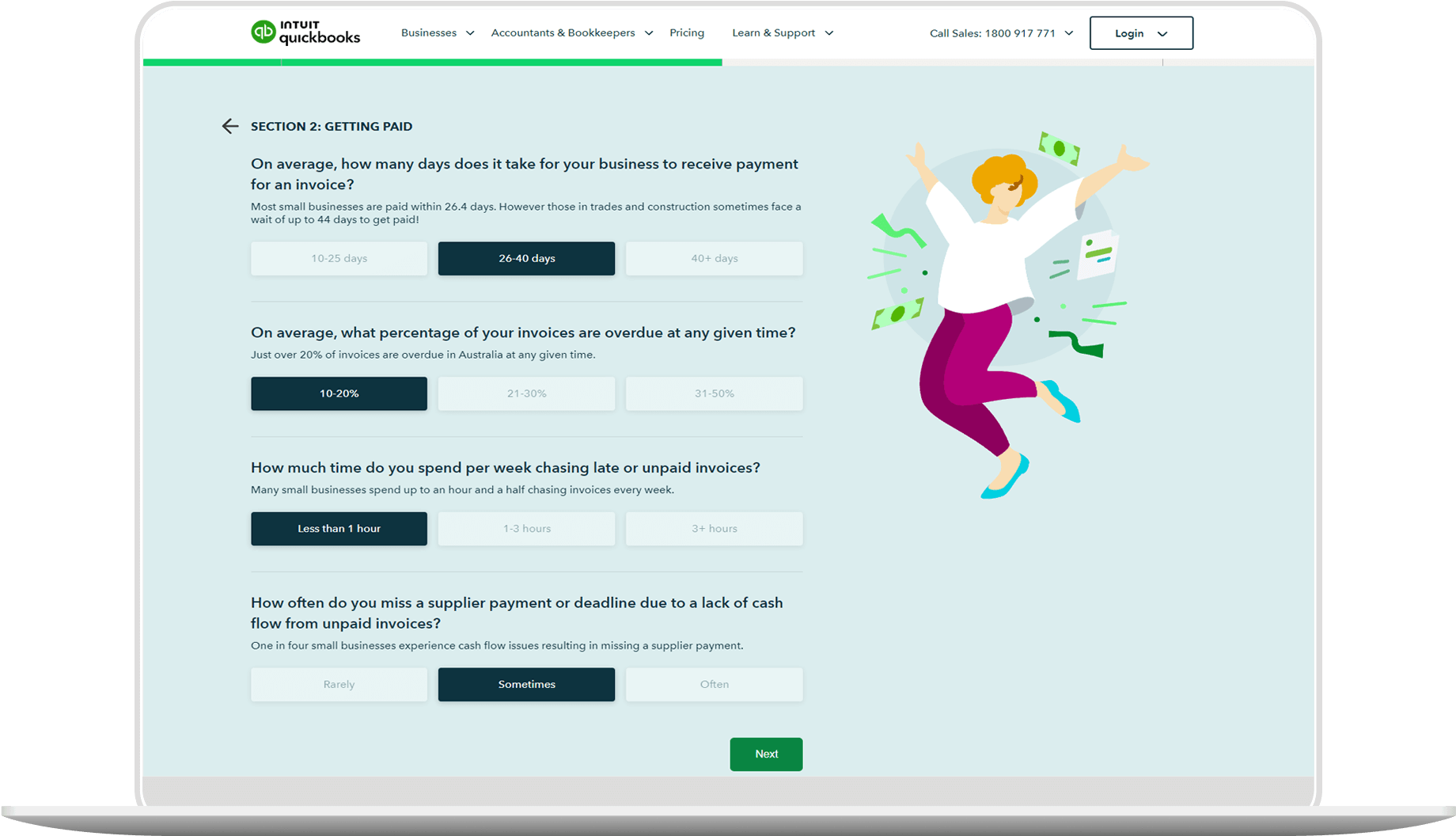If you have recently gotten into buying or selling shares, then it's important you understand how it affects your tax return as well as understanding the Capital Gains Tax (CGT).
CGT is a tax the Australian Taxation Office (ATO) applies to any capital gains you have earned when disposing of an asset, whether it's shares, bitcoin or the family home. It works by treating any Capital Gains as taxable income in the financial year you sold it. You can offset losses against gains and carry capital losses forward to offset future gains.
Unfortunately, understanding how taxes work on shares isn't simple, which is why taking professional financial advice is wise. The most important thing to remember for your tax return is that you keep detailed records of all income and transactions. You will need a record of sales, a record of purchases, divided statements, annual documents, and records of reinvested dividends.




















